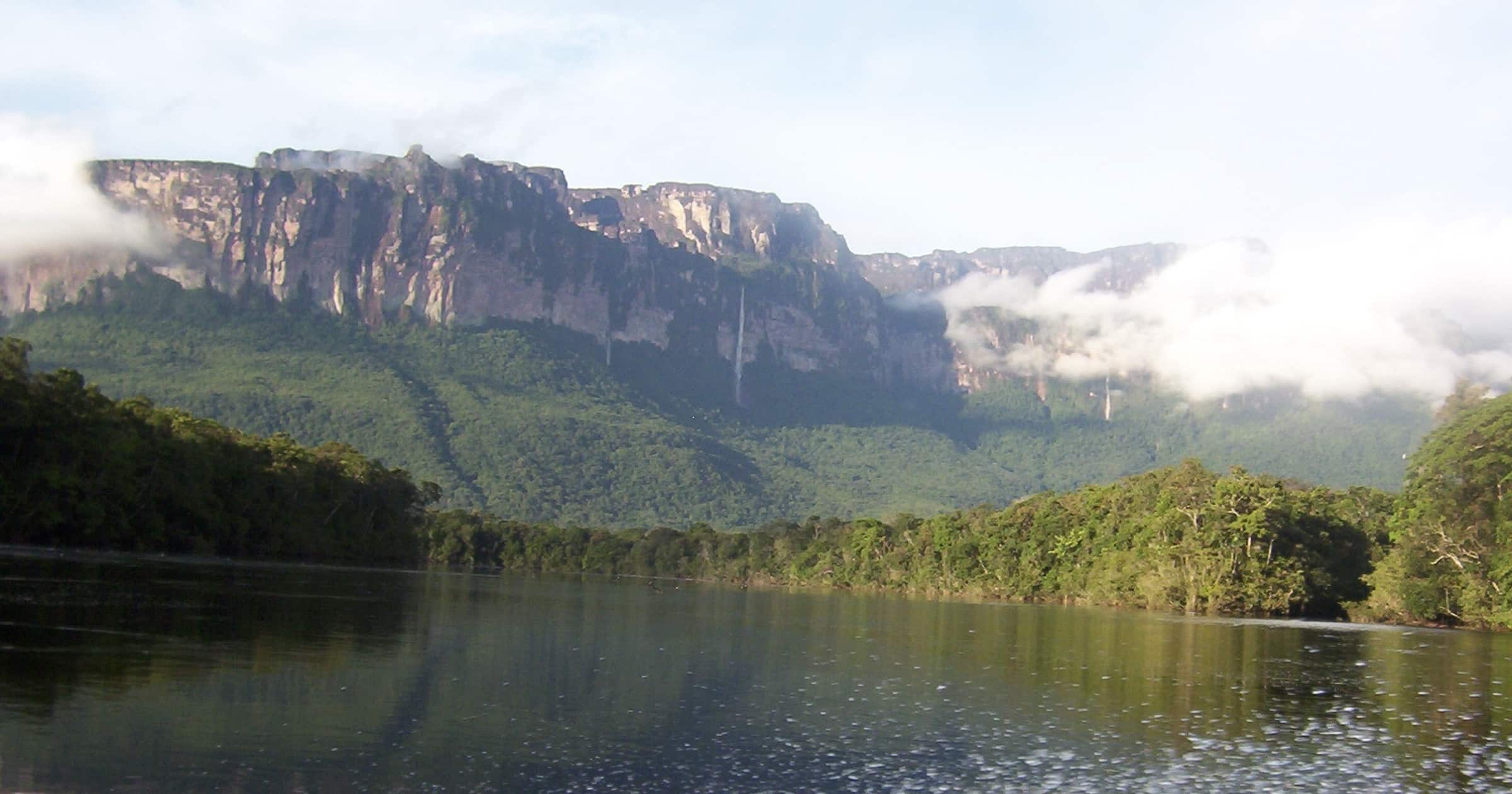 Culture & Ethics
Culture & Ethics
 Evolution
Evolution
Should We Give Nature “Rights”? A Premier Science Journal Says Yes

The major science journals are growing increasingly woke. The prestigious journal Science, in particular, has swallowed this ideology — including supporting the “nature rights” movement.
The rights of nature — which include geological features — are generally defined as the right to “exist, persist, maintain and regenerate its vital cycles, structure, functions and its processes in evolution.” Nature is, of course, not sentient. So, this campaign is really about granting environmental extremists legal standing to enforce their policy desires through litigation as legal guardians serving nature’s best interests.
But the movement has a problem. It is clearly ideological rather than rational. So now, three law professors and a biologist writing in Science urge scientists to promote the agenda by giving courts a scientific pretext to enforce nature rights laws, or even, impose the agenda from the bench (as has already been attempted several times). From, “Science and the Legal Rights of Nature”:
By contributing to interdisciplinary analyses of rights-of-nature laws before disputes arise, scientists can help contribute to the effectiveness of these laws. The availability of credible scholarly analysis of legal scientific terms used in law would make these rights more tangible and accessible to the judges whose role it is to apply them. Although scientific uncertainty often cannot be eliminated, it’s reduction in turn reduces legal uncertainty and thus helps meet the objection that rights-of-nature laws are too vague to be applied.
And Here It Really Gets Irrational
More:
Another type of interdisciplinary scholarship that would assist the functioning of rights-of-nature laws would be the examination of the duties of nature. Although some rights-of-nature laws grant rights for nature without corresponding duties, others equate nature to a legal person with both rights and duties. Uncertainty over liabilities and duties of nature has been an impediment to implementing some rights-of-nature laws. Scientists can help legal systems comprehend nature’s potential legal obligations (e.g., “ecosystem services”), and what environmental protection measures may also be legally required to ensure natural entities can continue to fulfill these obligations.
Good grief. Such nonsense in a science journal. “Nature” is not a moral entity. It is not conscious. It is not a discrete thing. It includes everything from rock outcroppings, to algae, swamps, oceans, lion prides, earthquake faults, glaciers, and the moon. It — and its constituent aspects — cannot owe anything or anyone duties. No matter how destructive, a river that floods has done nothing “wrong.” The very notion is nonsensical.
In a second article, the authors identify how scientists can promote the agenda — which often incorporates indigenous people’s spiritual beliefs into legislation, which whatever their merit, are not scientific concepts. (This is one reason I consider the movement a neo-earth religion.)
The “Right to Evolve”
The text is too long to present here, so I will give one example: the “right to evolve.” The authors note that “evolution” has many meanings:
Any or all these definitions can contribute to understanding what a “right to evolve” may entail, whether for a troop of monkeys, a population of wild rice, Lake Erie, or Pachamama [the Incan earth goddess–see what I mean?]. For example, a biological understanding of evolution may be applied to species or subspecies, whereas a more general “slow change over time” may pertain to rivers, lakes, and watersheds.
In other words, scientists should offer courts a scientific patina hook upon which to hang their legal hats to enforce radical environmental policies:
There are many ways that scientists and scientific knowledge can help different legal systems understand nature’s rights. One important way scientists can contribute is by being involved in litigation. Most rights-of-nature laws contain provisions allowing scientists or other members of the public to bring lawsuits. A successful lawsuit necessitates demonstration that the entity in question is protected and that its rights were violated — e.g., how its rights to ecological functions or evolutionary processes were impeded. These are clearly questions requiring scientific input and applications of ecological and evolutionary concepts. Scientists also can provide evidence in lawsuits to which they are not a party in many legal systems [referencing “amicus curiae briefs” and “testimony”].
Why Should You Care?
This is precisely how the most radical public policies are imposed upon our society. The “experts” — really ideologues — lend their gravitas to what is essentially a social rather than scientific agenda. And that “expertise” will only be deemed “legitimate” by the media when it comes from the radical side of the street — as we see in the “gender-affirming care” controversies.
I am continually frustrated that so few people seem to take the threat of nature rights seriously. People need to wake up and legislatures need to pass laws prohibiting rights and legal standing for anything other than human beings and our institutions. Because the most powerful institutions in our society are beginning to swing behind the agenda, Soon, it could be too late.
Cross-posted at National Review.
